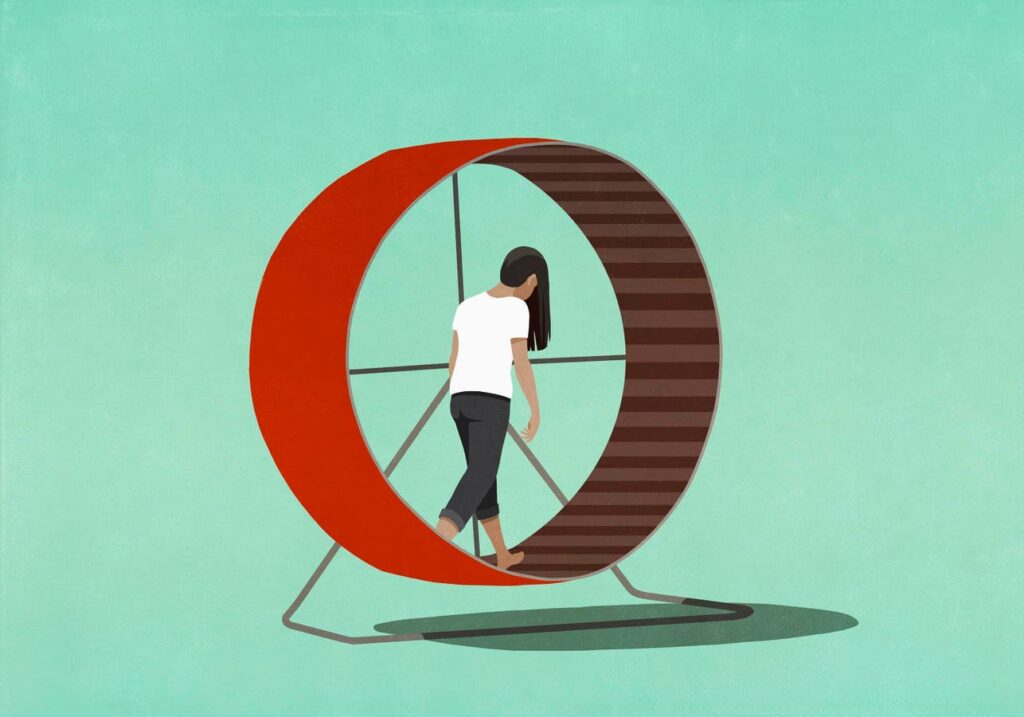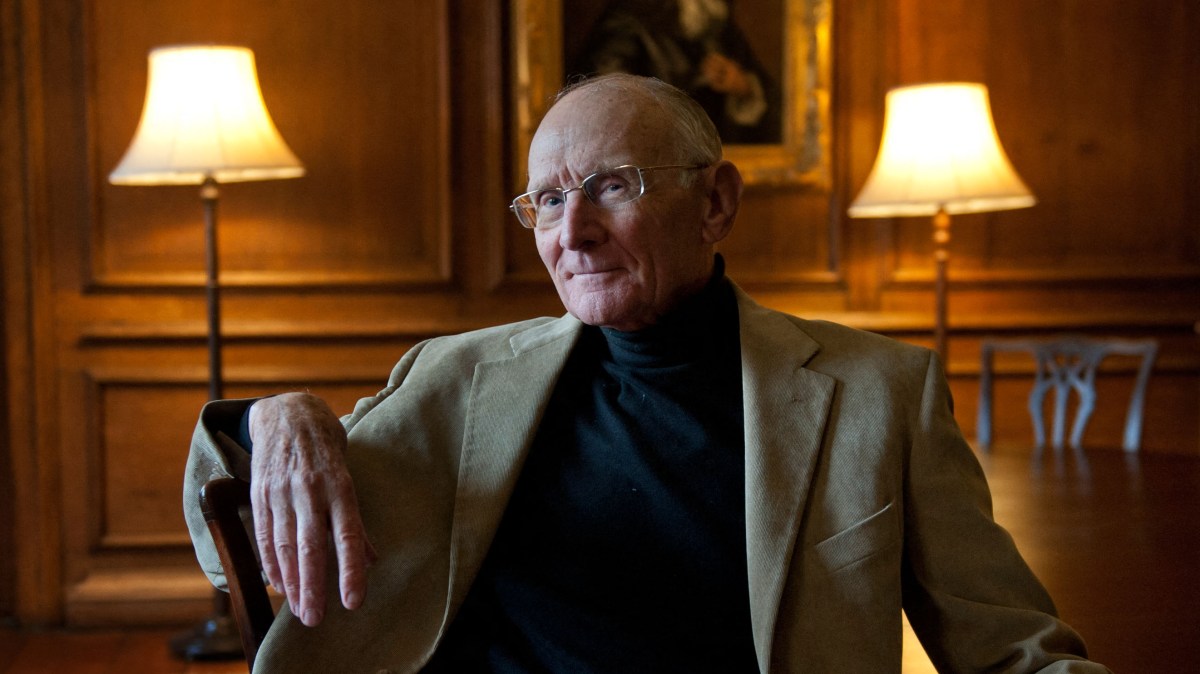
Feeling exhausted despite clocking in a full night’s sleep? You might be experiencing rest deprivation, a condition that goes beyond simply needing more shut-eye. While many equate rest with sleep, experts argue that true rest involves recharging various facets of our mental and physical health.
Dr. Anoopinder Singh, a board-certified psychiatrist, emphasizes that different stressors deplete different systems in our brain and body. “Sleep may relieve physical fatigue and restore cognitive function, but it doesn’t fully resolve emotional exhaustion, decision fatigue, or sensory overload,” he explains. This nuanced understanding of rest is crucial, as it helps explain why some individuals feel sluggish despite adequate sleep.
Brie Scolaro, a licensed therapist based in New York City, shares an anecdote: “One of my clients once said to me, ‘I sleep eight hours a night, but I’m still exhausted.’ They weren’t sleep-deprived, they were rest-deprived.” By incorporating mental, sensory, and emotional rest through practices like tech-free evenings and mindfulness breaks, her client experienced a profound change, feeling not only less tired but more alive.
Understanding the Different Types of Rest
Dr. Mark Kovacs, a performance physiologist, highlights that rest is about recharging the whole person—not just one aspect of the mind and body. This involves intentional disengagement from stressors, stimuli, distractions, and demands. In her book Sacred Rest, Dr. Saundra Dalton-Smith outlines seven types of rest necessary for holistic recovery.
Physical Rest
Physical rest can be both active and passive. Passive rest involves minimal physical activity, such as sleeping or sitting still, allowing the body time to relax and repair. Active rest, on the other hand, includes gentle movements like yoga and walking, which increase blood flow and release tension. Dr. Kovacs notes that these practices help speed up recovery.
Mental Rest
Mental rest is crucial for giving our brains a break from constant thinking and decision-making. Alyssa Kushner, a therapist specializing in anxiety, suggests practices such as screen-free breaks and gratitude walks to achieve mental rest. “Overlooking mental rest can cause cognitive fatigue, leading to brain fog and increased stress,” warns Dr. Singh.
Sensory Rest
In our modern world, sensory overload is common, with bright screens and loud noises being constant companions. Sensory rest involves limiting this overwhelming input. Simple actions like dimming lights and reducing background noise can help downregulate the nervous system, preventing symptoms like irritability and anxiety, explains Brianna Paruolo, a licensed mental health counselor.
Creative Rest
Creative rest allows us to step away from tasks requiring focused effort and experience beauty and joy without pressure. Kushner suggests activities like walking without a destination or visiting a museum. Dr. Singh adds, “Creative rest restores our capacity for brainstorming and finding inspiration.” Without it, we risk losing our ability to think flexibly.
Emotional Rest
Emotional rest helps restore energy spent on regulating and responding to emotional situations. Practices like mindfulness meditation and journaling promote relaxation and emotional balance. Paruolo notes that without emotional rest, individuals may experience mood swings and emotional fatigue.
Social Rest
Social rest involves recharging social batteries by limiting draining interactions and taking breaks from social media. Paruolo explains, “It’s essential for preventing social burnout.” This type of rest allows individuals to engage with others without feeling overwhelmed.
Spiritual Rest
Spiritual rest connects us to something greater than ourselves, providing fulfillment and peace. Whether through prayer, meditation, or community service, Dr. Kovacs highlights its importance. Studies suggest that prioritizing spiritual well-being can increase resilience and buffer against anxiety, especially in older adults with chronic illness.
The Path to Holistic Recovery
The more intentional we are about incorporating these forms of rest into our routines, the better we recover. This comprehensive approach to rest not only alleviates fatigue but enhances overall well-being, allowing individuals to feel more energized and alive.
As the understanding of rest deprivation grows, experts continue to advocate for a broader view of rest that encompasses more than just sleep. This holistic approach promises a more balanced and fulfilling life, free from the shackles of exhaustion.







